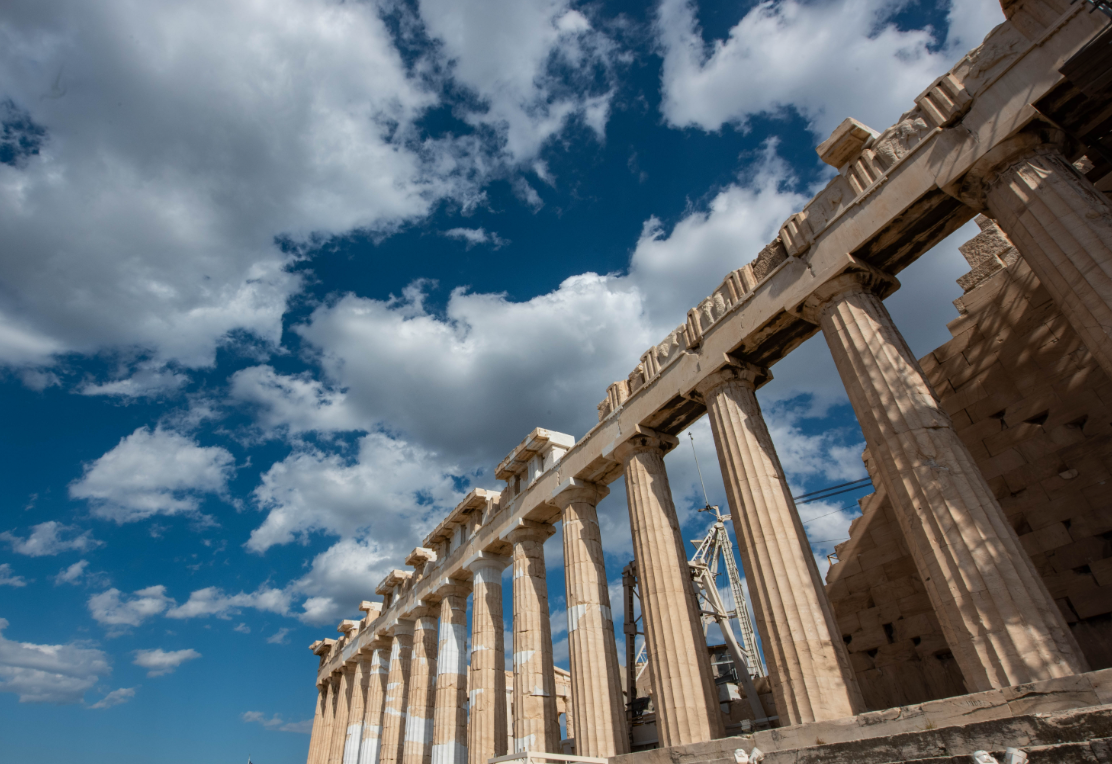
Reunion Island, an overseas province of France, is a volcanic island in the Mascene Archipelago in the southwest Indian Ocean, 650 km from Madagascar to the west and 190 km from Mauritius to the northeast.
Reunion Island has a coastline of 207 kilometers and an area of 2,512 square kilometers. The overlapping mountains of Reunion Island bordering the Indian Ocean sometimes appear as islands in the southern sea, surrounded by lagoons and beaches covered with gold sand; Sometimes ultra-modern city style and countryside scenery complement each other; Sometimes it is the subtle differences in the environment that bring dazzling natural scenery.
Reunion Island is located in the southern hemisphere and has a tropical climate, which is mild due to its proximity to the Indian Ocean. Seasons on the island are the opposite of those in the northern hemisphere.
Temperatures along the coast range from 18°C to 32°C. Each region has its own microclimate. The island is sunny all year round and the best time to visit is in May and June.
The population of Reunion Island is mainly Malagasy, African, European, Indian, Chinese, Pakistani and Creole.
The official language is French, and a few people speak English. 94% of the population is Catholic, with a small minority practicing Islam, Hinduism, and Buddhism. Some descendants of slaves still perform the "Malagasy service", a ritual to honor their ancestors. The capital, Saint Denis. Currency French franc.
Reunion Island has little Europe, is a resort, Reunion is the most famous volcano, there are still Lavace often erupt, and the eruption of magma often lasts for months, as an important tourist attraction.
This ancient sugar processing plant records the history of the sugar industry from the 11th century to the present day, as well as the Museum of Modern Art in Reondijk, and even the Museum of Natural History or the Museum of Caritas.
The people of Reunion Island love flowers, decorate every villa, every building with colorful flowers, and take pride in their gardens, which are filled with rare flowers and herbs. The Eden Garden, the Nature Garden, the National Botanical Garden, the Exotic Garden, the Bourbon Garden, as well as the aromatic and Spice Gardens, can be overwhelming.
In addition, there are turmeric or vanilla houses where visitors can learn about the cultivation process of these spices, learn new cooking recipes, or buy souvenirs for friends and family.
In 1513, the Portuguese Mascarene came to this group of islands in the Indian Ocean, later named after him Mascarene Islands, Reunion and Mauritius are two of the main islands.
In 1642, France claimed the island, and in 1649, named Bourbon Island, as a port of call for French ships and English Dutch merchant ships sailing to and from the Indian Ocean, under the control of the French East India Company, but there were no permanent residents at the time.
Until 1767, the French king bought the island, and established a variety of administrative and judicial institutions, the island did not appear fixed residents, and after the French Revolution, the Bourbon dynasty stepped down, the island naturally changed its name, named "La Reunion" symbolizes the union and victory of revolutionary forces.
Reunion Island has little Europe, is a resort, Reunion is the most famous volcano, there are still Lavace often erupt, and the eruption of magma often lasts for months, as an important tourist attraction.
In France, where most people are Catholic, both "13" and "Friday" are unlucky.
Don't ask French people about their political leanings, salaries and personal matters.
Most French people do not like to speak English, and they have an aversion to English.The best way to take a taxi in France is to go to a fixed taxi stop.
When taking public transport, be sure to purchase tickets and punch them before boarding.
For multiple subway, bus and tram rides, it is most economical to buy 10 tickets at a time.
Illegal drugs, pirated books and pictures of books banned by the French government are prohibited on entry into France, and in addition to weapons for hunting and target practice, weapons and explosives are also on the prohibited list.
When eating Western food in France, hold a fork in the left hand and a knife in the right hand, and it is not appropriate to wave a knife and fork when speaking to avoid the collision of cutlery.

